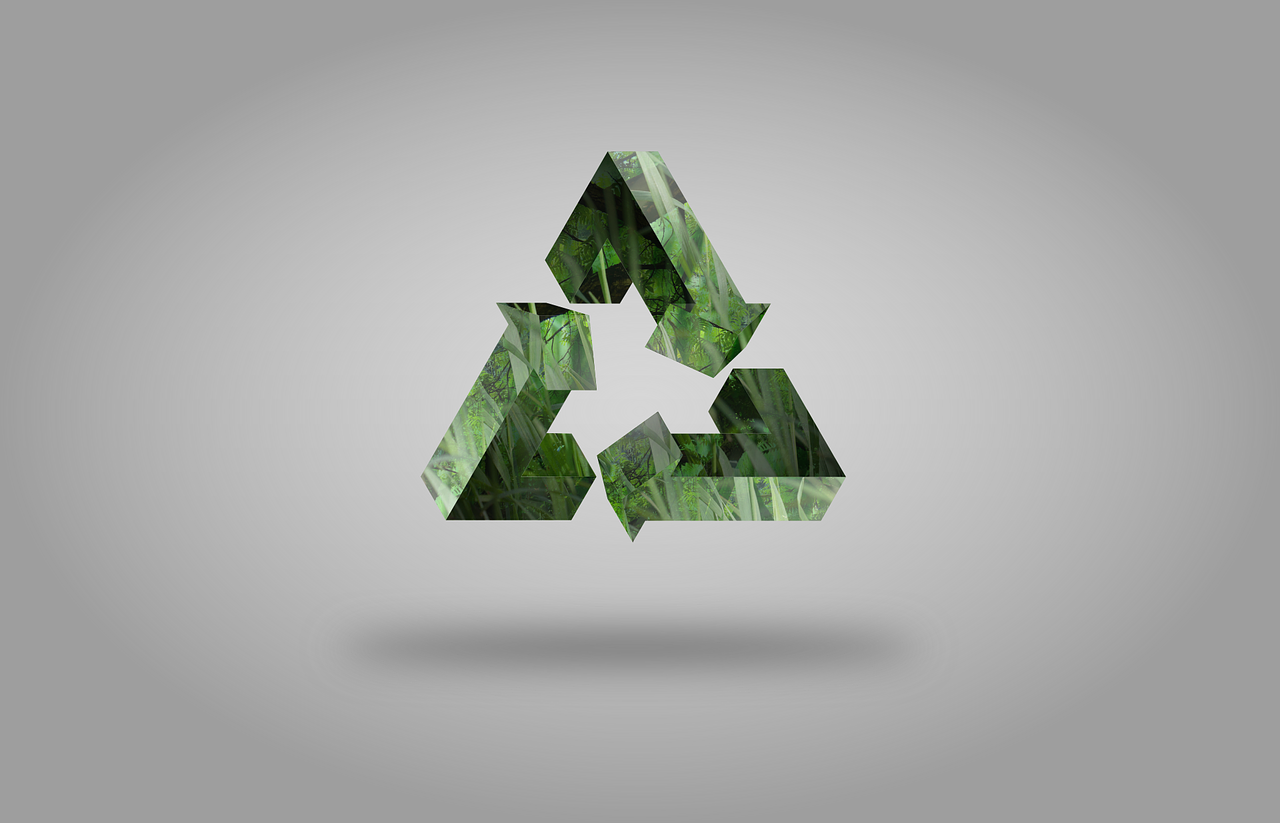United States – AMP Robotics has introduced an AI-powered material characterization software that enables the recognition and classification of recyclables.
This latest industry innovation serves as a breakthrough in the effort toward providing measurable transparency on the recyclables captured and missed during different recycling processes, as well as confirming the composition of recovered material bales destined for resale to end markets in the supply chain.
AMP’s software
AMP’s new software, AMP Clarity, captures data on mixed plastics like PET, HDPE, LDPE, PP, and PS; aluminum recyclables like used beverage cans (UBCs); and fiber, such as corrugated cardboard (OCC) and sorted residential paper and newsprint (SRPN). Material data is collected, classified, and sub-classified so materials recovery facilities (MRFs) can see what recyclables are flowing through different stages of their operation. This monitoring can help prevent the loss of recyclables to landfill, diagnose gaps in processing efficiency, audit the composition of material streams, and create certainty about final bale content and material quality for both buyers and sellers.
Jeff Loebbaka, Chief Commercial Officer of AMP Robotics, said: “Our customers see Clarity as a valuable means to prevent value lost to landfill and improve operational performance. Higher capture rates result in increased revenue, reduced disposal costs, and efficiency gains that further lower operational expenses.”
Specific data collection
AMP Clarity is a software-as-a-service (SaaS) solution. Clarity is made possible through AMP’s portfolio of hardware systems including the AMP Cortex robotic sorting system and AMP Vision system. The AMP Vision system is a standalone modular enclosure that can be dropped into a facility’s existing operation for specific data collection from residual, quality control, container, paper, and audit lines. Clarity could also be placed before the final material quality processing stage to identify contaminants before plastics, aluminum, or paper are baled for resale.
Deployment with Evergreen
Earlier this month, AMP deployed AI-guided robotic sorting systems with Evergreen, one of the nation’s largest recyclers of PET bottles. AMP’s technology identifies and sorts green and clear PET from post-consumer bales of plastic soft drink bottles, which Evergreen recycles into reusable flakes or pellets (rPET) and sells to end markets as feedstock for new containers and packaging.
Secondary sorting facilities
AMP has also introduced automated secondary sorting facilities, which apply advanced automation enabled by AI to economically sort through low volumes of residue to recover mixed plastics. These material streams also contain high-value recyclables like UBCs and OCC that are in high demand for resale to aluminum manufacturers and paper mills. AMP’s secondary facilities drive down the cost of recovery while creating contamination-free, high-quality bales of recycled material for resale. AMP’s business model also introduces market certainty and new revenue streams for established MRFs by creating demand for residue that would otherwise cost businesses to dispose of.




